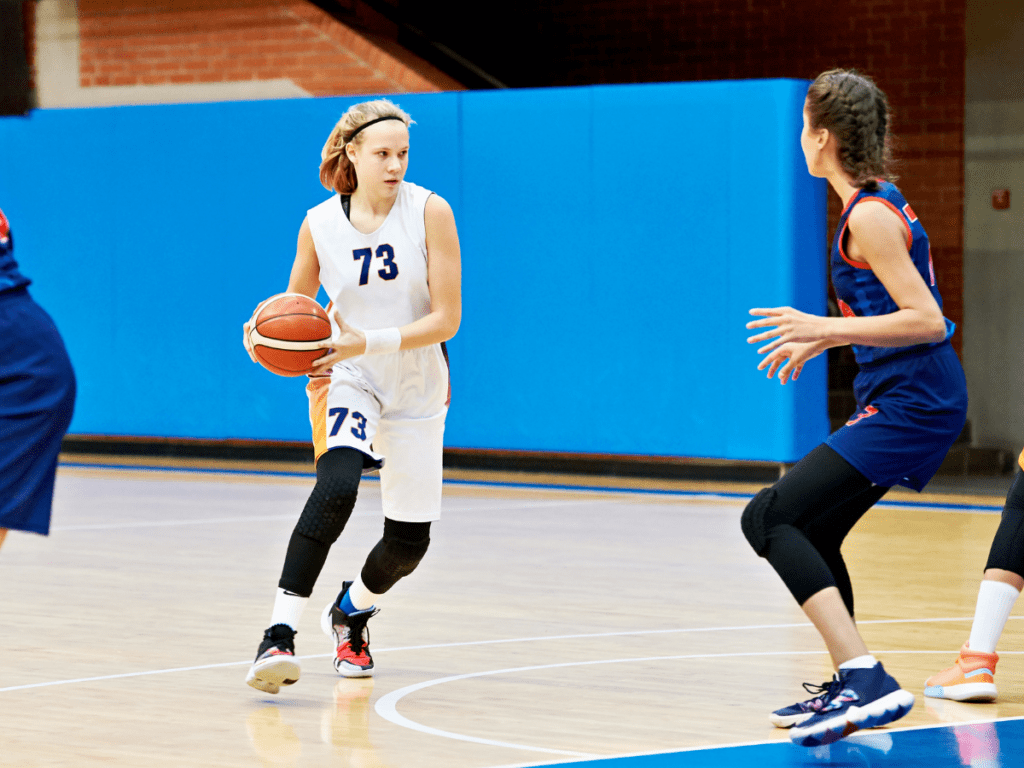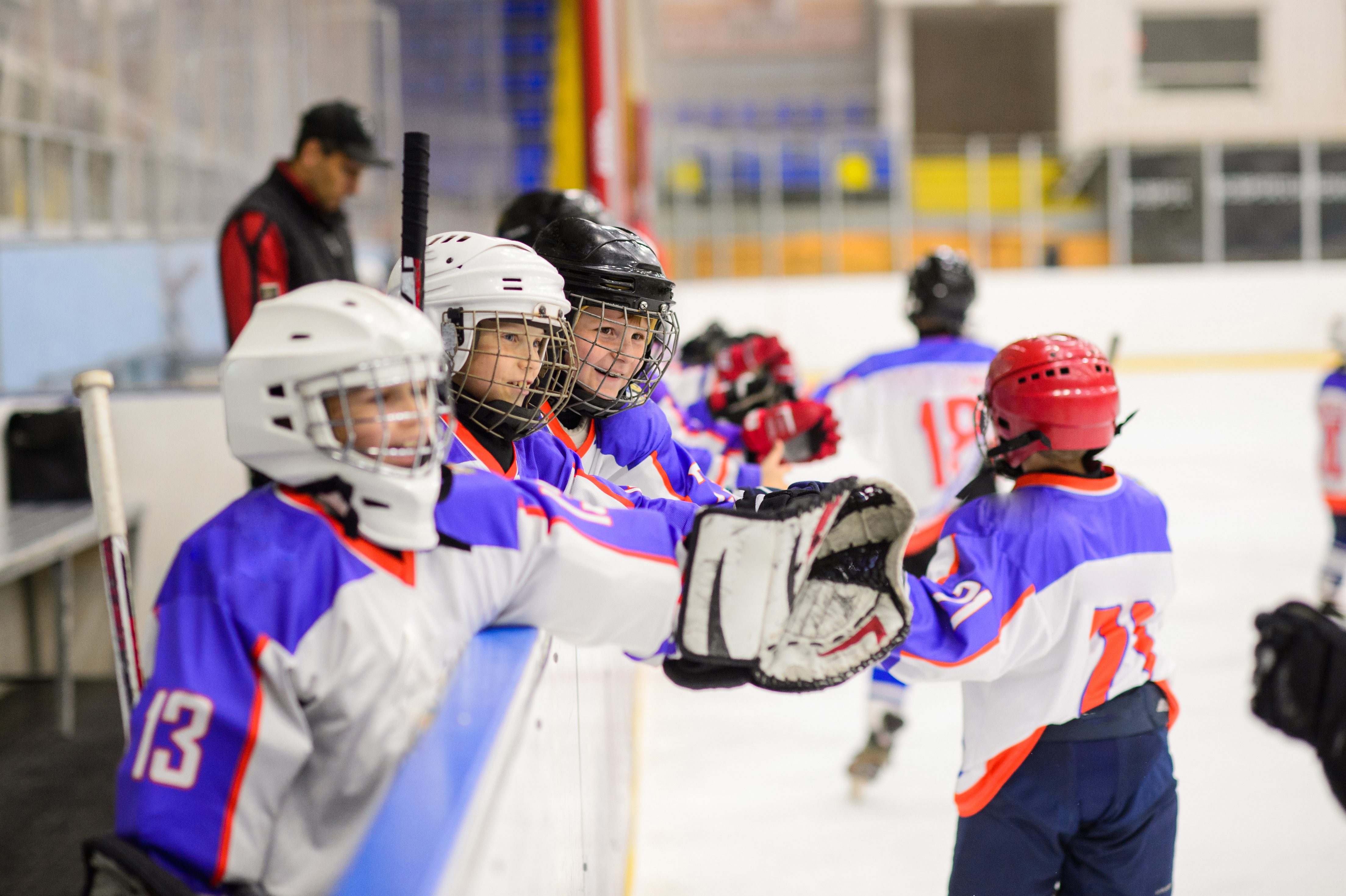A Code for All Levels of Sport: Implementing the Universal Code of Conduct to Prevent and Address Maltreatment in Sport (UCCMS) across Canada

Introduction The Universal Code of Conduct to Prevent and Address Maltreatment in Sport (UCCMS) was introduced to the Canadian sport system at the national level in 2022. It may be time to think about its role across the entire sport spectrum from the national level to the provincial and territorial level and to the local…
Research Plenary: Curtis Fogel
Safe Sport: Critical Issues and Practices
Embracing Excellence: Cultivating Success Through Positive Sport

Introduction and Context Safe Sport continues to be a top concern in Canada, with continued efforts to address maltreatment at all levels of sport. While sexual violence is discussed most frequently in research and practice, with the rhetoric being that children need to be protected from ‘bad apples’ and ‘predators’, Canadian1,2 and international3,4 prevalence studies…
Elevating athlete voices: The path to safe sport in Canada

Centralizing the voice of the athlete is a critical step in ensuring Safe Sport is realized. This was the primary theme of our talks on the panel “The future of safe sport: Hooked on hope not fishing for problems” at the 2023 Sport Canada Research Initiative (SCRI) conference. An athlete-centered view of sport, while not a…
Rink Rage: Spectator Violence in Minor Hockey in Canada

Project Summary This study examines the prevalence, causes, and responses to parental violence, aggression, and abuse in minor hockey in Canada. It draws on 122 semi-structured, qualitative interviews with minor hockey stakeholders across Canada, and the textual analysis of media and legal reports of 65 cases of parental violence in minor hockey, and 58 minor…
The challenges of shifting to a safer sport culture: High performance coach and administrator perspectives

Highlights The calls for culture change across sports in Canada are persistent and louder than ever. Through our program of systematic research, we have listened to and shared high performance athletes’ perspectives about what appear to be accepted (or at least tolerated) unsafe behaviours and practices in sport. Tolerance of unsafe behaviours and practices reflects…
Safe sport jobs increase as Canadian sport sector responds to community

Safe sport and safeguarding in sport have become top priorities for the Canadian sport sector. Prevalence studies have revealed that athletes across different levels of sport frequently experience maltreatment (Alexander et coll., 2011; Vertommen et coll., 2016; US Center for SafeSport, 2021; Willson et coll., 2022). Equity deserving athletes experience more harm in sport (Burdsey,…
Safe, quality and values-based: 3 approaches to optimize sport experience
Highlights There are several evidence-informed approaches to sport delivery that researchers and sport organizations encourage, and that you can engage with, to promote positive experiences and combat harmful cultures in sport and society Quality sport, values-based sport and safe sport are 3 approaches to sport program delivery that are gaining traction and popularity at all…
Sport participation among adolescents with a history of child maltreatment

Project summary The prevalence of child maltreatment is overwhelming: a third of the Canadian population has endured at least one form of child maltreatment (Afifi et al., 2014). This includes sexual, physical, and emotional abuse, exposure to inter-parental violence, and neglect (WHO, 2016). Considering the deleterious and long-lasting consequences of child maltreatment (Dion et al.,…